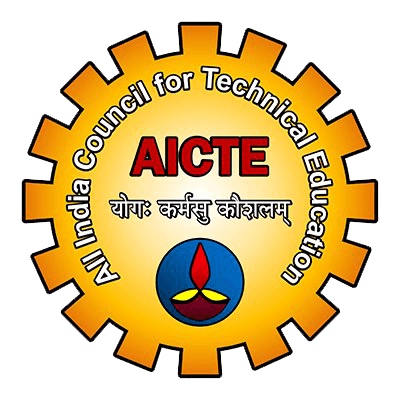

The Department of Chemical Engineering, Paavai Engineering College, Namakkal, in collaboration with A.C.T Academy, successfully organized a Faculty Development Program (FDP) titled “Bridging Chemistry and Engineering through Advanced Spectroscopy Techniques” from 27th October 2025 to 31st October 2025. The event aimed to enhance the knowledge of faculty members and researchers on integrating chemical principles with engineering applications through modern spectroscopic tools.
The program commenced with a welcome address delivered by Dr. P. Jayakaren, Head of the Department of Chemical Engineering, who warmly welcomed the dignitaries, faculty members, and participants. He emphasized the importance of spectroscopy in understanding molecular structures and its growing relevance in chemical engineering research and industrial applications.
The Keynote Address was delivered by Dr. M. Premkumar, Principal, Paavai Engineering College. In his address, he highlighted the importance of such faculty development programs in updating academic knowledge and fostering research collaborations between chemistry and engineering disciplines.
The Guest Speaker was introduced by Ms. V. Devadharshini, a final-year student of Chemical Engineering, who briefly presented the achievements and expertise of the invited expert. The session provided deep insights into various spectroscopic techniques such as UV-Vis, IR, NMR, and Mass Spectroscopy, along with their applications in chemical analysis, process control, and product development.
The event concluded with a Vote of Thanks proposed by Ms. K. Sowmiya, a final-year student of Chemical Engineering, who expressed gratitude to the Management, Principal, Faculty Members, Participants, and the Organizing Team for their support and active involvement in making the program a success.
The Faculty Development Program was highly informative and interactive, providing participants with valuable exposure to advanced spectroscopy techniques and their practical applications in engineering research and industrial practice.
The first day of the FDP began with great enthusiasm and active participation from faculty members and students. The session featured Dr. T. S. Arul Jeevan, an accomplished academician and researcher in the field of Chemistry, as the Guest Speaker.
Dr. Arul Jeevan possesses over 16 years of teaching and research experience, including 4 years of international service under the United Nations Development Programme (UNDP) at the University of Gondar, Ethiopia. His extensive expertise and global academic exposure brought valuable insights to the participants.
He delivered an engaging lecture on the topic “Advanced Electrochemical Techniques for Engineers.” The session covered the principles and applications of electrochemistry, highlighting modern analytical techniques such as voltammetry, amperometry, and the development and performance of supercapacitors.
Dr. Arul Jeevan elaborated on how these electrochemical methods are applied in engineering fields such as energy storage systems, corrosion analysis, sensor development, and environmental monitoring. The lecture was highly informative and interactive, sparking participants’ interest in exploring electrochemical methods in their research and teaching practices.
The second day of the FDP featured an insightful session by Dr. M. Amalraj, Assistant Professor, Department of Chemistry, Arul Anandar College (Autonomous), Karumathur. The Guest Speaker was introduced by Ms. M. Preetha, Assistant Professor, Department of Chemical Engineering.
Dr. M. Amalraj is an accomplished academician and researcher with over 10 years of undergraduate and 6 years of postgraduate teaching experience. He earned his Ph.D. in Chemistry from Gandhigram Rural Institute – Deemed University and has specialized in Electrochemistry and Physical Chemistry. His research primarily focuses on gold nanoparticle and graphene-based electrode modifications for electrocatalytic applications.
During his lecture, Dr. Amalraj elaborated on the fundamentals of electrochemical analysis and its role in modern engineering applications. He discussed the synthesis and characterization of nanomaterials, electrode surface modification, and their applications in sensors, fuel cells, and energy devices. His explanations effectively bridged the theoretical aspects of chemistry with practical engineering perspectives, thereby enhancing the participants’ understanding of advanced electrochemical and spectroscopic methods.
The session was highly interactive, with participants engaging in discussions on emerging research trends and the potential of nanomaterials in sustainable energy technologies.
The event concluded with a Vote of Thanks proposed by Ms. N. Nithaya Thagani, Second Year, Department of Chemical Engineering, who expressed gratitude to the speaker and participants for their valuable contributions.
The day concluded with positive feedback from attendees, who appreciated the clarity, depth, and practical relevance of Dr. Amalraj’s presentation.
Overall, the first two days of the FDP laid a strong foundation by effectively connecting fundamental chemical concepts with advanced engineering applications, fostering interdisciplinary learning and research among the participants.